
Real World Asset Tokenization: Complete Guide
Introduction - What is RWA Tokenization?
Real World Asset Tokenization is a revolutionary process that involves converting tangible assets like real estate, art, and others with physician existence into digital tokens. Depending on the Blockchain network and being created on them, they represent token ownerships, fractional asset sharing, improved traceability, and transparent secured transactions. The most significant part of tokenization Real World assets is its ability to democratize illiquid assets in the modern era overcoming the traditional customs.
With the ability to break down assets into small and tradeable tokens, the avenue for investment opportunities gets wider and broader for individuals in all sectors. Challenging the conventional model of token liquidity, Tokenizing Real World assets in the Web3 market has a profound impact, therefore increasing efficiency, inclusivity, etc.
What Assets in the Real World Are Tokenized?
Real Estate Tokenization
When it comes to tokenizing real world assets, real estate is a prominent application with a definite financial model that involves ownership creation, fragmental ownership, digital token creation, and securing its value.
Residential Properties
Commercial Properties
Landscapes
Monuments and historical places
Art Collectible Tokenization
Art and related creatives are potential assets that can be tokenized. Initially, this was the idea of NFTs while narrowing the concept. Different forms of artwork, such as individual collections or a set of collectibles curated around a theme, can be digitally tokenized. This concept already has a wider range of audiences.
Tokenizing famous artworks
Digital artworks
Sculptures
Designs, patterns, and dimensions
Paintings
Culture depicting creatives
Intellectual Property Tokenization
This is a concept that is above physical existence. An intellectual property out of one's own creative space with the actual application and use care can be digitized.
Patent
Trademarks
Copyrights
Licenses
Investment Fund Tokens
The classic investment methodologies, such as investment funds, mutual funds, and schemes, can now be tokenized digitally. They are making the fund management process simple, easy, and more accessible.
Traditional shares
Investment fund schemes
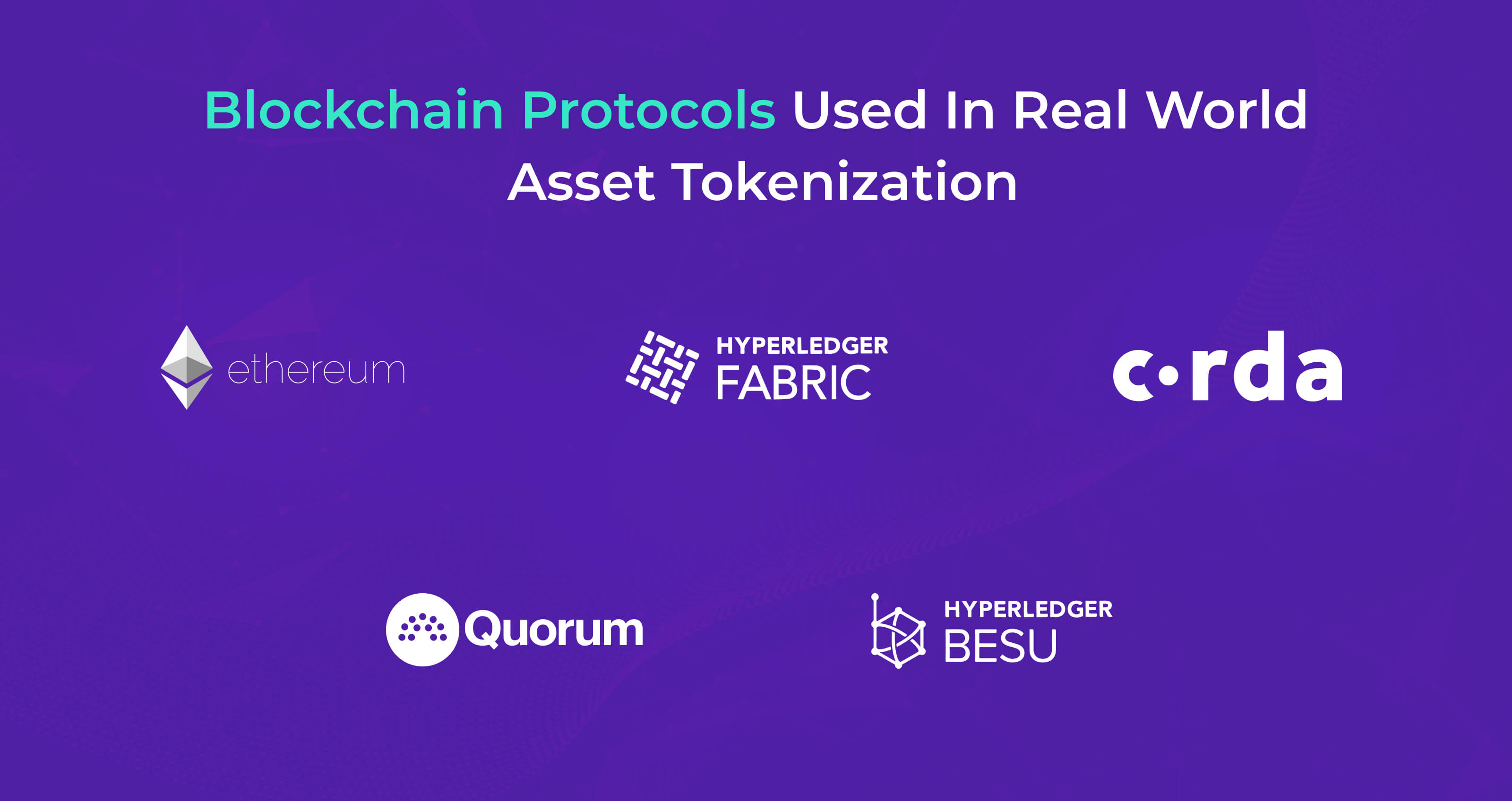
Role Of Blockchain In RWA Tokenization
Blockchain is the underlying technology empowering the tokenizing real world assets. The decentralized nature and its distributed ledger records transactions across the network of nodes. It also ensures it is secured, transparent, and tamper-proof. While from the concept of Tokenizing Real World Assets trust and audible records of ownership and transaction are ensured. This eliminates the need for middlemen and reduces the risk of miscellaneous and fraudulent activities.
Self-executing smart contracts in Blockchain technology is a default thing, that is coded to execute agreements over certain conditions. This is a highlighting feature that is adopted into RWA tokenization that automates and streamlines the ownership process, asset transfers, and distributing revenue with enhanced efficiency, reliability, and possibilities through Tokenizing real world assets.
Smart Contracts In Tokenizing Real World Assets
These self-executing contracts with terms written on codes are smart contracts. When it comes to Asset tokenization, smart contracts are capable of executing various functionalities of ownership and management processes. Meanwhile, let us discuss the major roles of Smart contracts in the tokenization Real World assets.
Token Ownership
Smart contracts offer automatic ownership transfers when a token or asset is bought or sold in the marketplace. This eliminates the need for intermediaries.
Distributing Revenue
From the assets with the capacity to generate income, smart contracts automatically distribute dividends and profits based on predefined rules to the token holders.
Compliance
Enforcing compliance with legal and regulatory requirements, Smart Contract enforces to ensure that the tokens adhere to the pre-applicable laws.
Smart contracts in asset tokenization streamline the process with automation, increase overall efficiency, reduce operational costs, and manage trading tokenized assets. Blockchain technology plays a fundamental part in ensuring the seamless functioning of real world asset tokenization.
Benefits Real World Asset Tokenization Provides the Community
Improved Liquidity
Real world Asset Tokenization signifies enhanced liquidity, which is the biggest challenge that's been faced by traditional assets from the perspective of investing in physical assets. Let it be buildings, real estate, artworks, etc. by breaking the assets into tokens, fractionalizing buying opportunities, and giving divided ownership. This encourages buyers and investors across different scales to grab fine investment opportunities. Here, the demand to buy the whole property is replaced by partitional ownership as the asset is fractionalized—a very straightforward, quick, and easy approach to transactions that reduces the time and effort involved in the selling and buying process.
Fractional Ownership
Real world asset tokenization provides opportunities like fractional ownership. Where the investor is burdened less with giving options to buy high-value assets in fractions, unlike making a whole purchase. Rather involving large capital from one investor. This brings the opportunity to a wider range of investors and contributes to building a bigger community. This democratism opens opportunities on a broader scale for both small-scale and big-scale investors. This also helps investors diversify their purchase and investment portfolios to a wider range, entrusting them with the perks of holding fractional assets. Therefore promoting inclusivity through investments.
Improves Accessibility
Eliminating the major traditional barrier in the investment sector, tokenization Real World assets is a futuristic approach that opens up a wider range of possibilities. The lower minimum investment requirement creates and opens up a diverse group of investors, like retail investors, who can participate but not on a larger scale. This is a democratic opening for all investors rather than being reserved for institutional players. Thereby, this improves accessibility in the financial ecosystem, allowing the participation of a wider audience with mutual benefits yielded through digital asset tokenization.
Security and transparency
Blockchain technology, being the backbone of real world asset tokenization, ensures the network is transparent and, at the same time, secure in the process of recording ownership and leasing transactions. As all the transactions are recorded in the ledge that is immutable, there is a clear history of events that can be audited and legal proof for ownership transfer. Their openness and transparent nature build trust and faith among investors in making their investments. It also contributes to reducing the chances of risk and other miscellaneous activities. In addition, the smart contract automates transactions, enforces contractual obligations, and improves security by reducing the need for intermediaries.
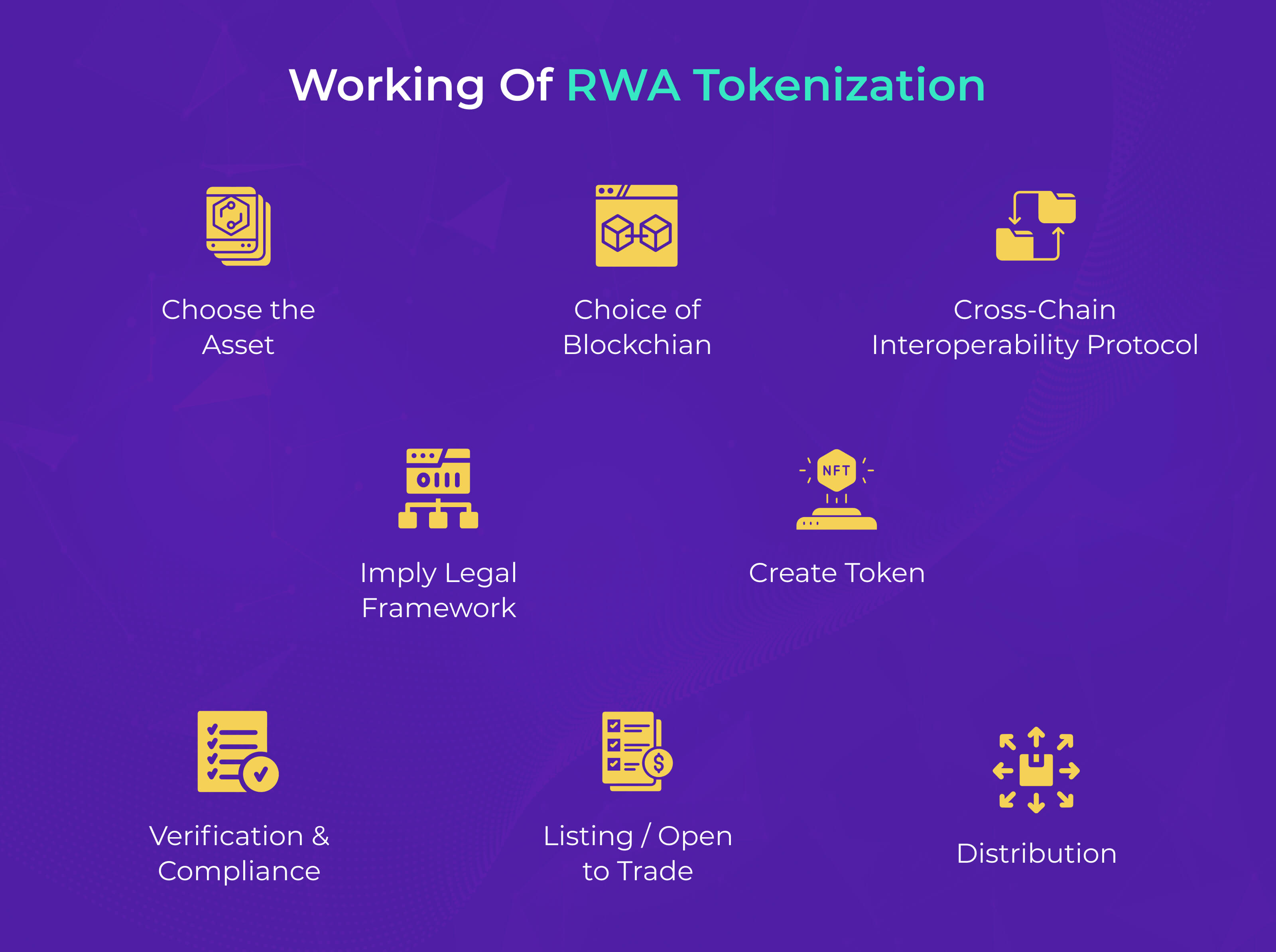
Challenges in RWA Tokenization
Regulatory Concerns
It's naturally complex to navigate through the regulatory landscape of tokenizing RWA. There are different jurisdictions and various regulations over security, ownership, finances, and transactions. Tokenization of real world assets either falls under existing norms or does need to take a step ahead with new regulations of the body that need to be fulfilled. It is crucial to be legit and acceptable as tokenized assets. Not paying attention to regulations can cause issues for both investors and issuers that impact their growth and adaptation of RWA tokenization.
Security Issues
The broader ecosystem of tokenization of real world assets is not yet immune to the robust security features of blockchain technology. As smart contracts automate most of the real world tokenizing processes, there is a high chance of injecting vulnerabilities, and the risk of hacking is high, posing a significant threat. As investors demand trust in the security of their assets, these types of breaches erode existing trust.
Challenges in Market Adoption
There are certain hurdles concerning the tokenization of real world assets, despite the advantages existing in the system. The market is aware, but the ratio or range of awareness needs to be on par, while there are versatile opinions over the acceptance of new technology and adoption of it.
Lack of awareness
Knowledge and understanding
Acquiring trust among varied perceptions
Legacy systems
Trends and Development Around Real World Assets Tokenization
As new technologies are emerging around the Web3 sector, exploring different industries like supply chains, banks and financial institutions, logistics, manufacturing, and more the efficiency that technology is aiming for is a good thing for a better future. Real world asset tokenization, now open to real estate, intellectual property, and personal items and assets, can expand with a broader perspective into the business sector in a prominent manner. The present innovations in tokenization are more involved in the technicalities that insist on tranquilizing and getting the basement right to act upon. This includes considering consensus mechanisms, product scalability, DeFi development and applications, and so on. As these aim to address the present challenges and expand the capabilities of asset tokenization, the regulators around them will eventually evolve. And this will be a focus on expansion with a clear perspective of definitions, frameworks, international collaborations, and the rest.
The Future of RWA
From the opinions shared by the market experts, they anticipate as follows:
Boston Consulting Group expects 10% growth in the GDP by 2030 with asset securities token speculation with a $16 trillion value.
Traditional Securities and asset managers report that the market value of tokenizing real world assets could hit $10 trillion in the bull case and $3.5 trillion in the bear case by 2030.
This trillion-dollar business powerhouse has potential in banking and finance, making it a wireframe to explore with DeFi in the real world. Asset tokenization can shift towards being a financial instrument in institutional frameworks with its massive growth, recognition, and accessibility in the market.
With a broader perspective and expectation over tokenizing real world assets, the opportunity in future finance and investments is greater. And it seems to have a good market impact in the global corridors. Tokenizing Real World assets reshapes and revolutionizes the sector of managing financial assets, better understanding and realization of trends and techniques gives an extra edge in making better actions with asset tokenization platform development.
Conclusion
BlockchainX, with a trained team of experts, is a blockchain development company that offers services in all aspects of tokenization, tokenomics, listing, Web3 marketplace, and more.,we also render tokenization platform development which implies maximizing your revenue streams.
Vitalize on the opportunities with more clarity on the technology and market dynamics are at constant change with tokenizing real world assets.
- Introduction
- What Assets in the Real World Are Tokenized?
- Role Of Blockchain In RWA Tokenization
- Smart Contracts In Tokenizing Real World Assets
- Benefits Real World Asset Tokenization Provides the Community
- Challenges in RWA Tokenization
- Trends and Development Around Real World Assets Tokenization
- The Future of RWA
- Conclusion


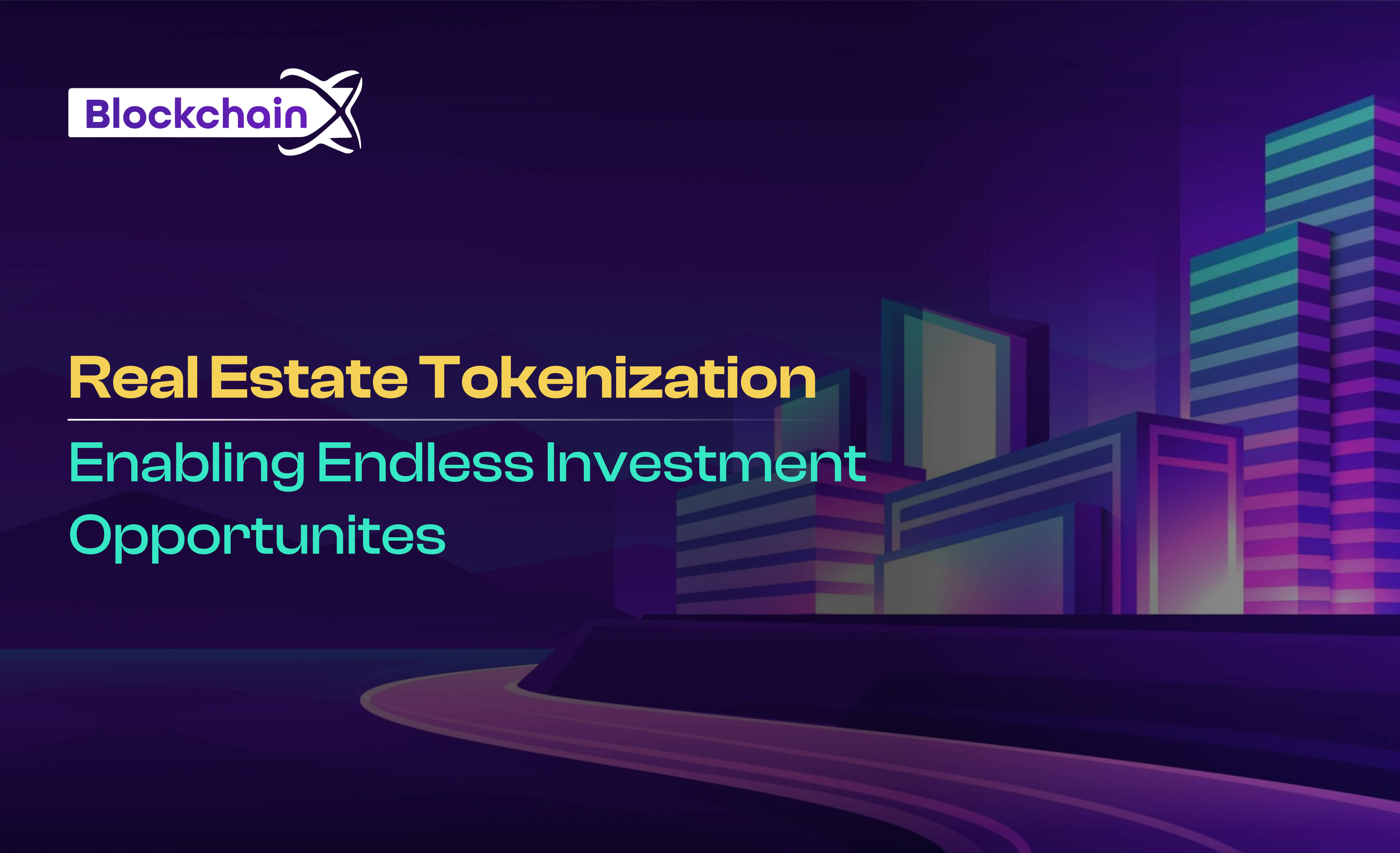

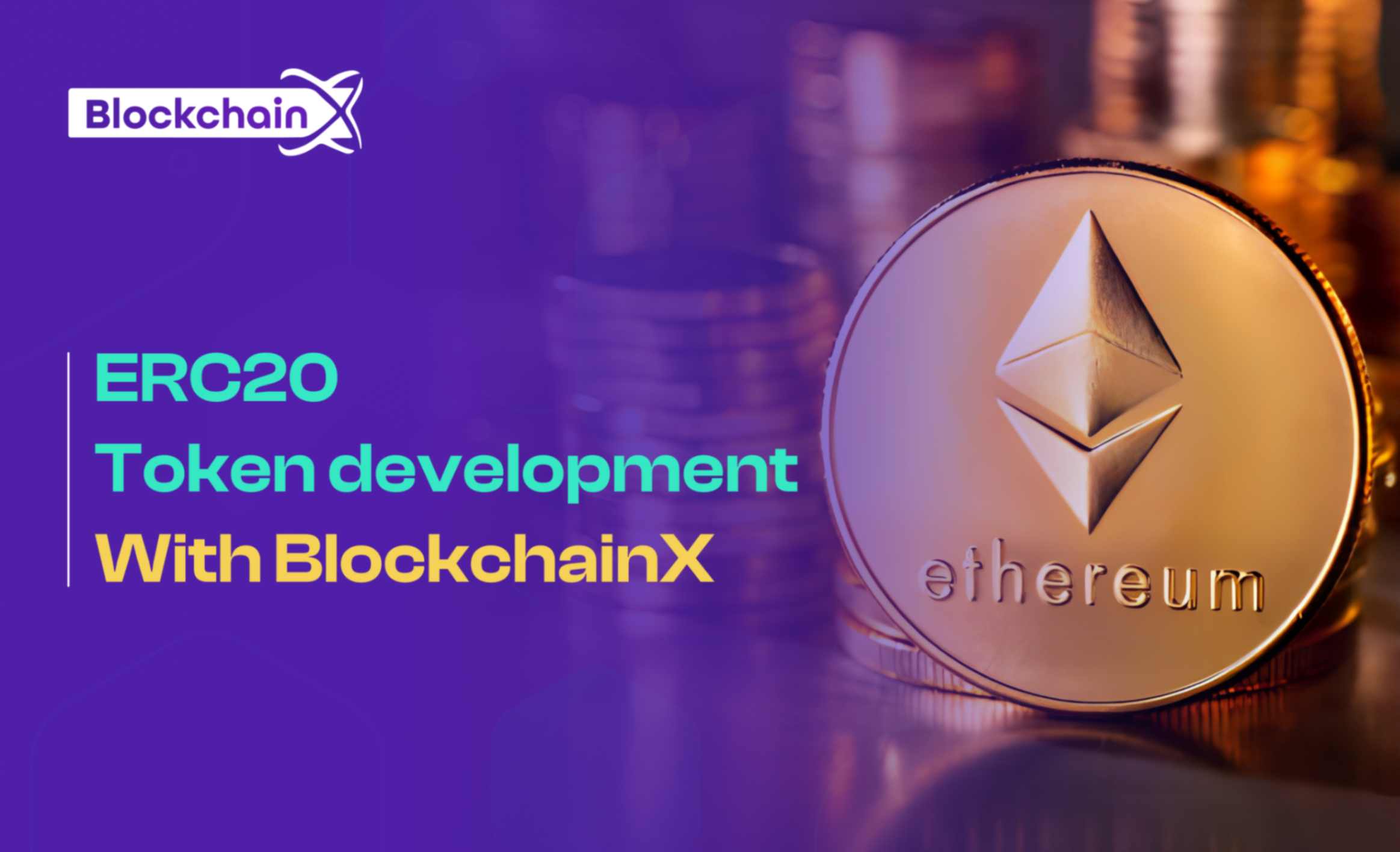
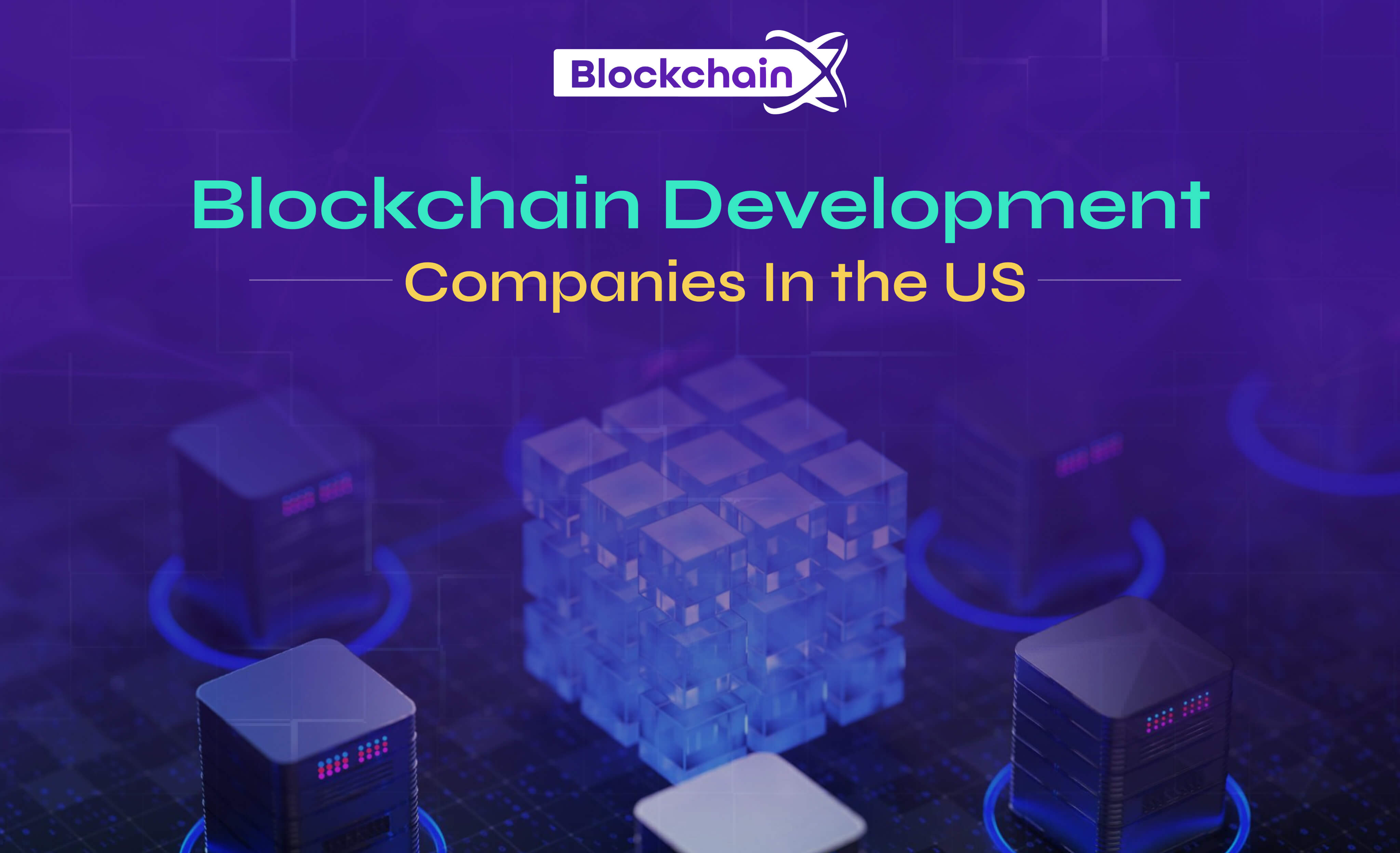
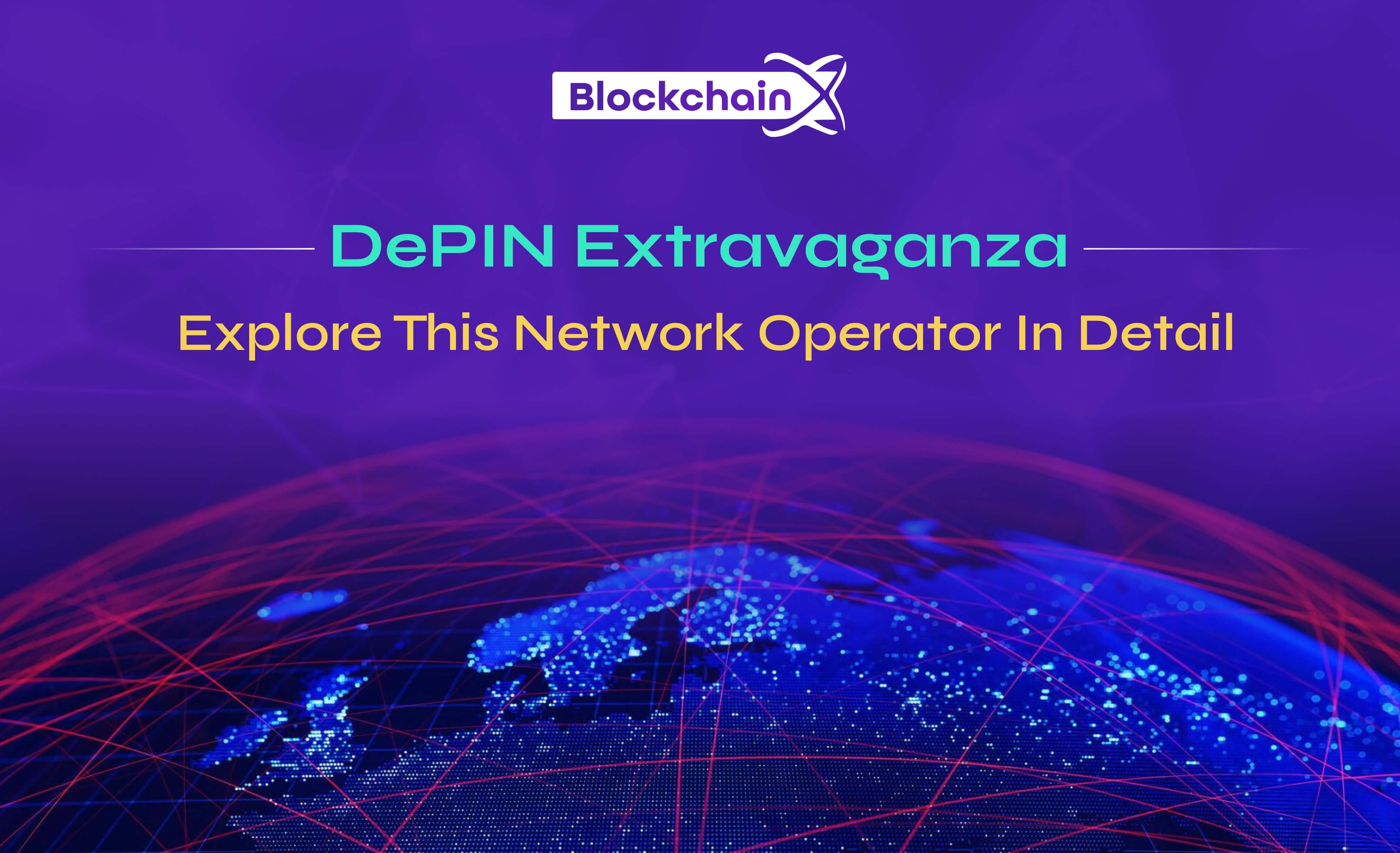
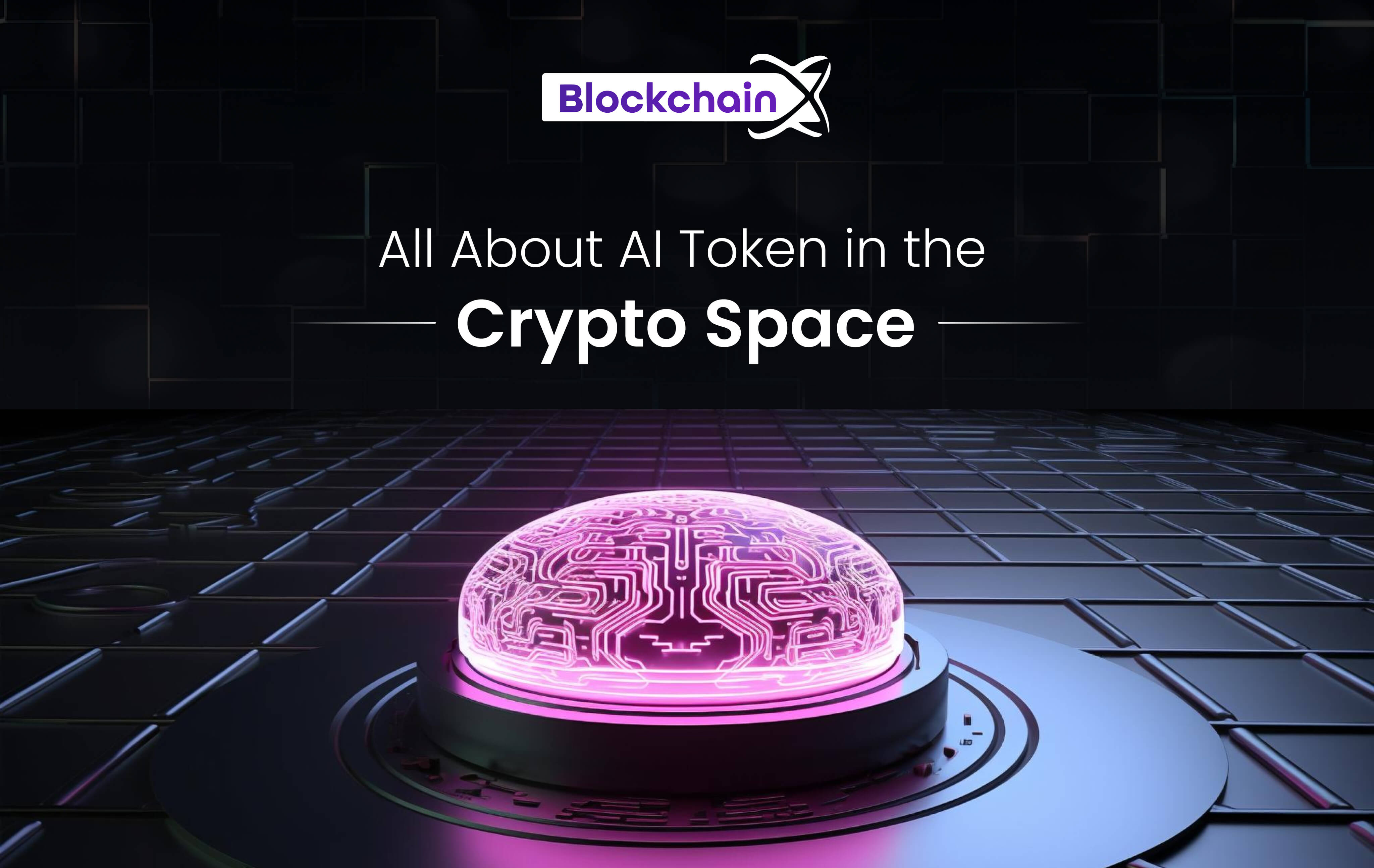
Comments